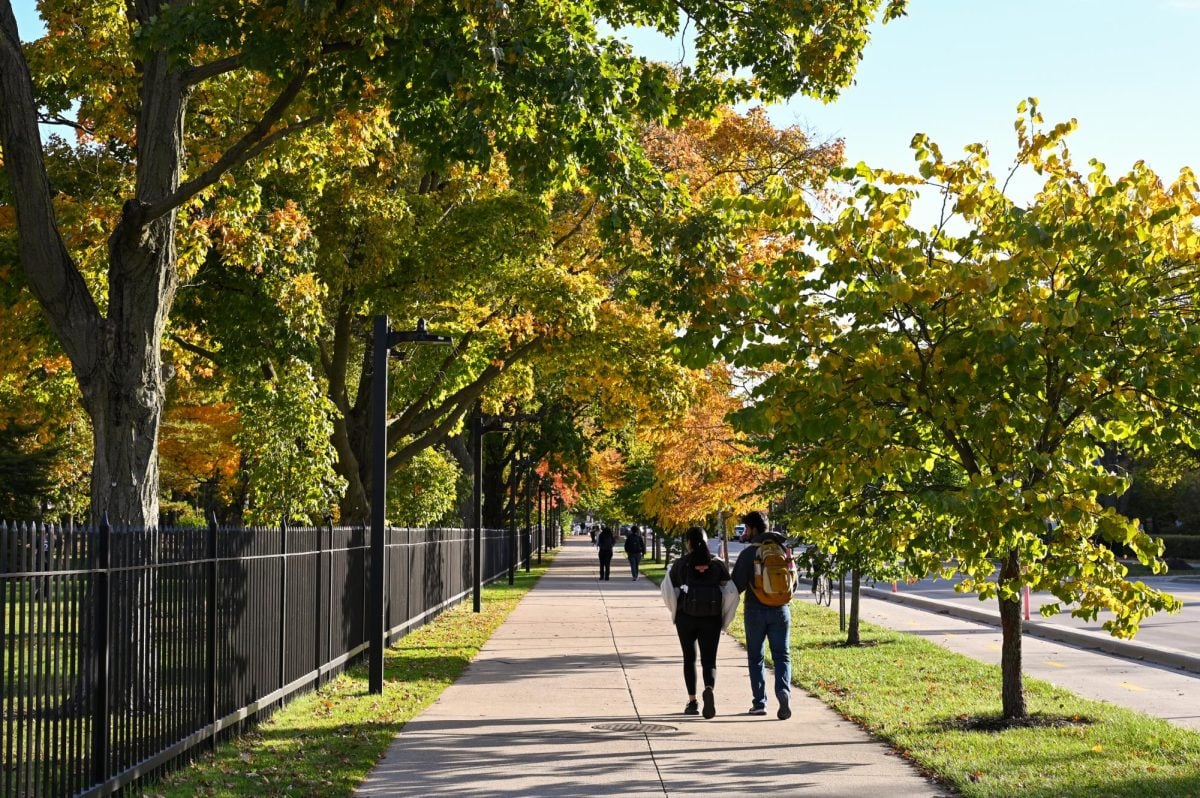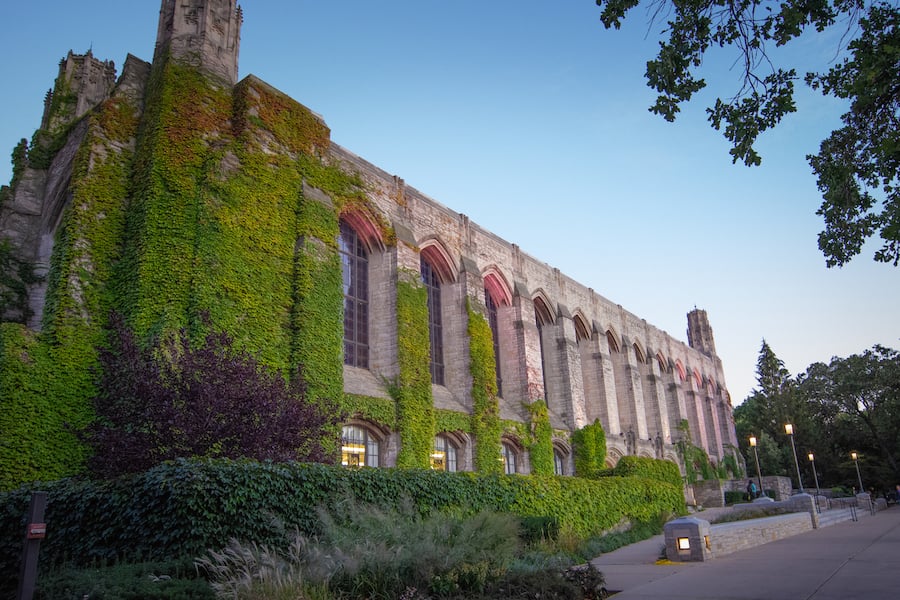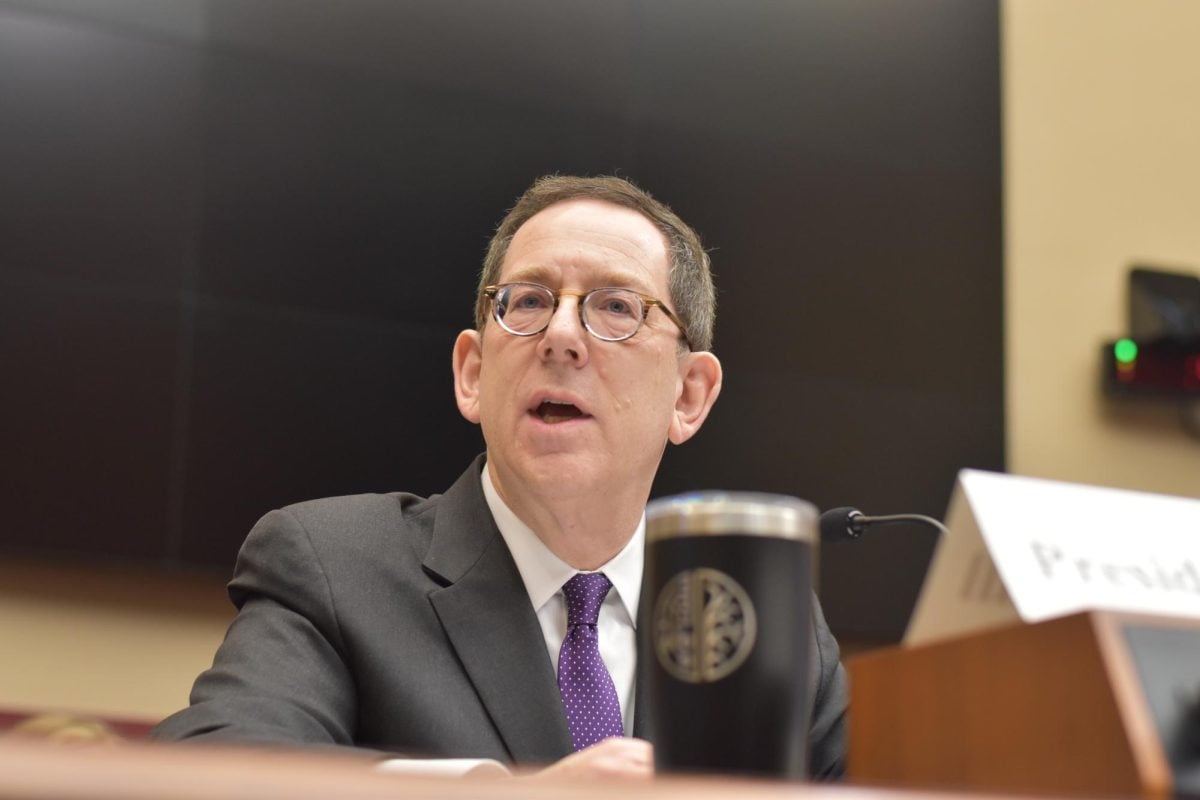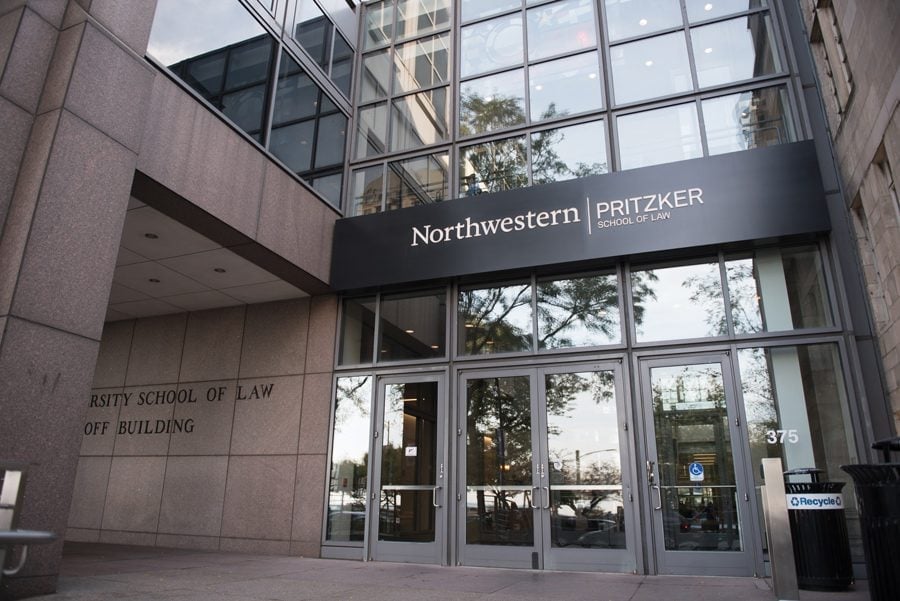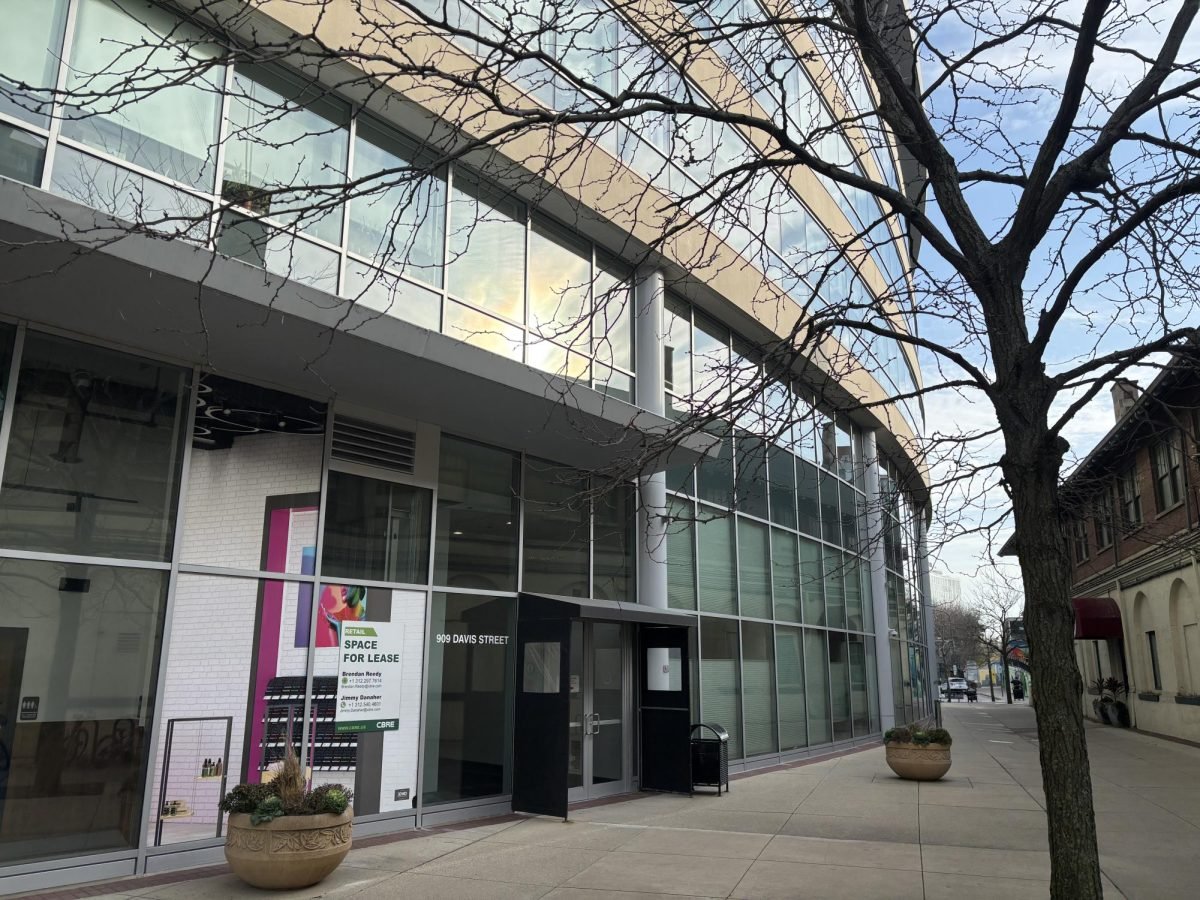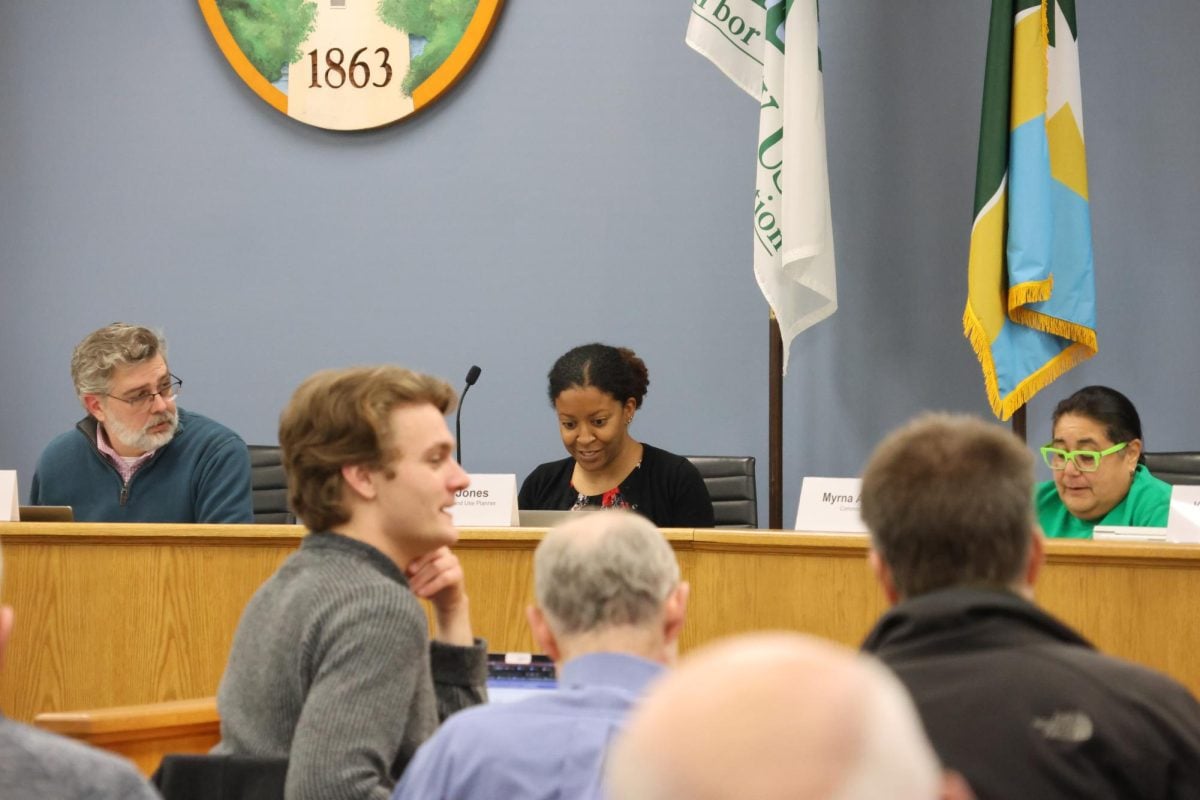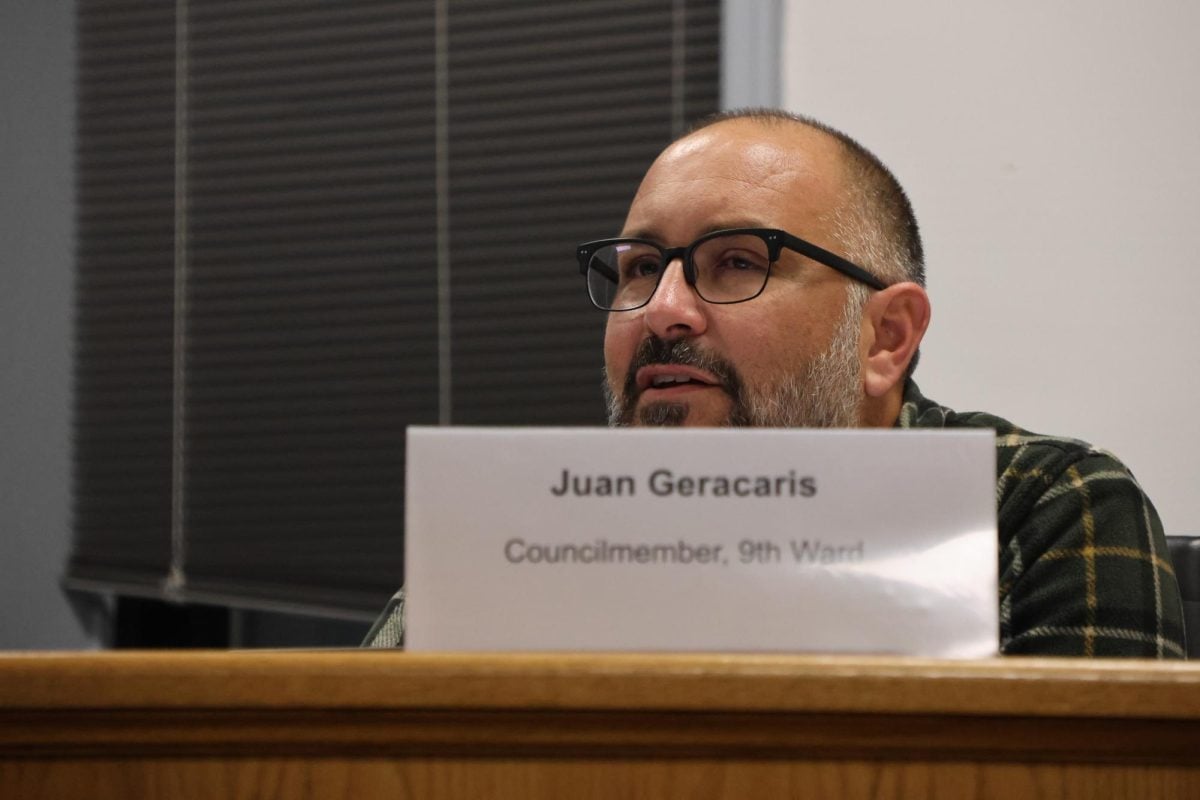About 13 students attended a quiet town hall meeting at Norris University Center on Monday night, a different scene from January’s so-called “brothel law” town hall meeting which attracted 500 students, many of whom angrily debated the law with University administration.
Both meetings addressed controversy surrounding the City’s enforcement of over-occupancy laws which bar more than three unrelated people from living in the same residence.
Dean of Students Burgwell Howard said one of the reasons fewer students attended the meeting is they now have more information on the specific ramifications of the over-occupancy law.
“Part of the lack of turnout tonight is people have a better understanding of where things are,” Howard said.
An Oct. 3 Daily article reported some students are claiming city inspectors are aggressively pursuing over-occupancy enforcement, employing tactics that include invasive surveillance as well as shutting off utilities and delaying renovation permits at properties that may be over-occupancy.
Although the meeting featured discussion of over-occupancy laws, most of the agenda centered on the recently launched Dean of Students Office website, which includes information on safety on and off campus.
Howard said the University is collaborating with the city of Evanston to increase the city’s level of lighting to meet national standards and to test whether more blue light phones are needed.
Other than safety, the Dean of Students office website also includes information for students living off campus. One of the resources provided is the list, compiled by Evanston city officials, which specifies the addresses and associated landlords of open building and/or overcrowding cases under investigation.
The list has prompted outrage among many landlords whose properties are included. Aldermen at a city council meeting last week decided to remove the list from the City’s website.
The landlords released a statement Oct. 5 in response to the list, claiming it was compiled based on unfounded neighbor complaints and outdated violations.
“It was unclear how Evanston Mayor Elizabeth Tisdahl and Director of Community and Economic Development Steve Griffin could release a list of property violators without full investigation and disclosure as to whether the violation was current or even relative to next year’s tenants heading into the 2012-2013 renting season,” the statement read.
One of the students present at the town hall meeting said his property was on the list of buildings in violation of Evanston housing codes, though he was not aware of the violation prior to the release of the list.
In order to check the status of any property, said Assistant Dean of Students Betsi Burns, students must dial 311.
However, Burns warned if students sign illegal leases for 2012-13, they should be aware the city will begin enforcing the over-occupancy law, which has not been removed from city code, effective July 1.
“There’s not much we can do to protect you from that,” Burns said.
Although the University may not be able to protect students from the enforcement of the over-occupancy law, students should still approach administrators if they have problems with off campus housing, Howard and Burns both said.
“Don’t just suffer in silence,” Howard said.
Howard cited instances where students are living in unsafe conditions, and said the University will intervene on the students’ behalf.
Evanston Mayor Elizabeth Tisdahl told The Daily on Oct. 4 students should not worry about getting evicted due to over-occupancy citations.
“First of all, we’re doing the same thing we’ve always done, which doesn’t result in being evicted,” she told The Daily. “Students that have realized they won’t be evicted have stopped worrying. Just quit worrying about being evicted.”
Associated Student Government president and Weinberg senior Austin Young, who spoke after Burns and Howard completed their presentation, said ASG is having conversations with Tisdahl and University President Morton Schapiro about the over-occupancy law and its effect on the off-campus community.
Students were given the opportunity to air any grievances and ask questions at the end of the meeting Monday night.
Weinberg junior Felix Richter asked about a potential bike lane for Sheridan Road, the possible decrease of the Illinois MAP grant and if North Beach could be opened at an earlier date.
Richter said the lack of people at the event allowed Howard and Burns to pay more attention to his questions.
“I didn’t know what to expect at all,” he said.
Like Richter, Weinberg senior Kaasha Benjamin did not know what to anticipate from the town hall meeting. Since she lives by herself off campus, she said she wanted to attend the meeting to learn more about the off-campus community.
“I didn’t really know how many people would be there,” Benjamin said. “It’s good to see that the University supports its students.”
According to Howard, the meetings are an opportunity to continue the dialogue between NU faculty and students.
“I would have loved to have had more people be here,” he said. “I want to make sure that (if) people have ideas or suggestions, we talk about it.”
